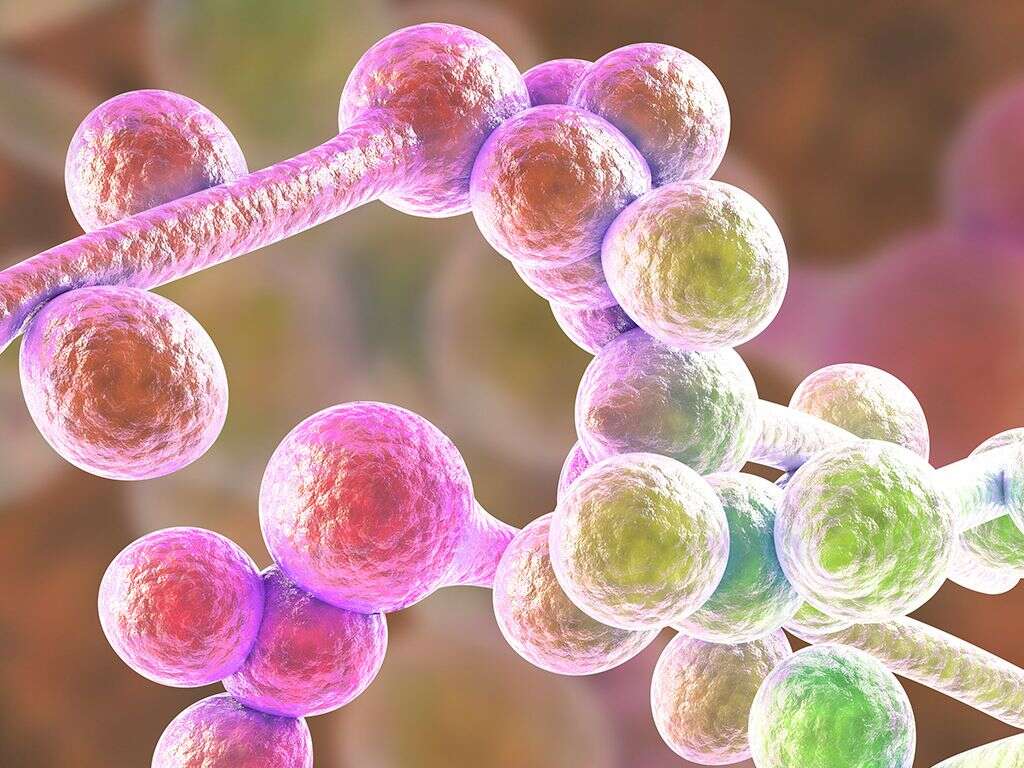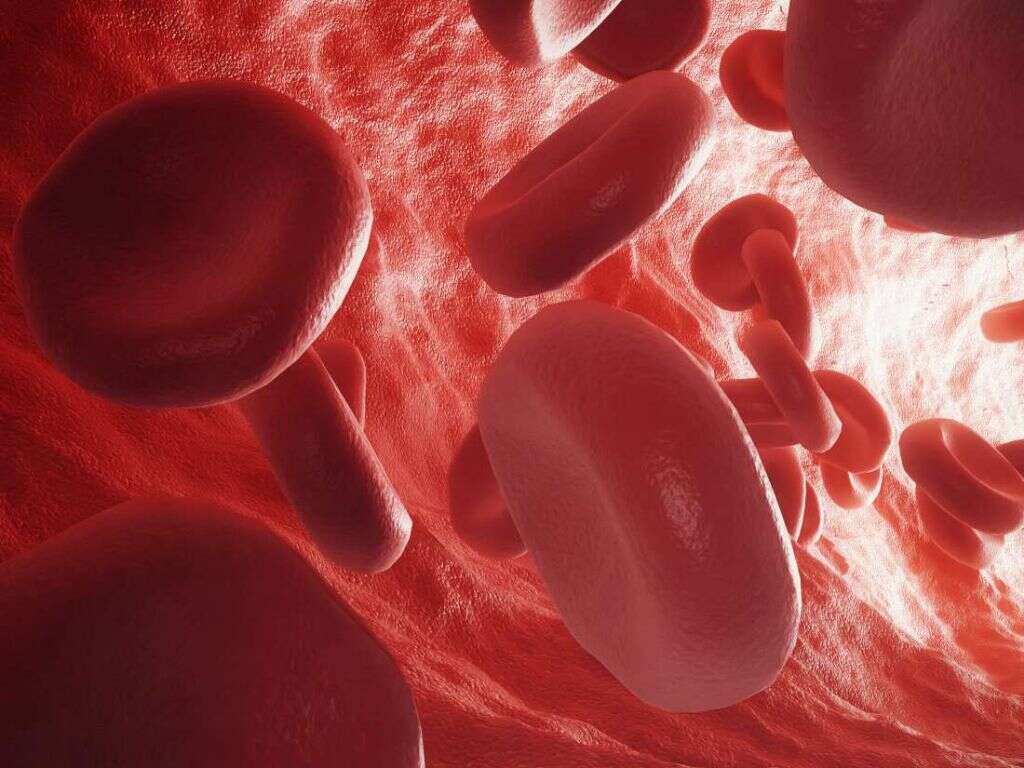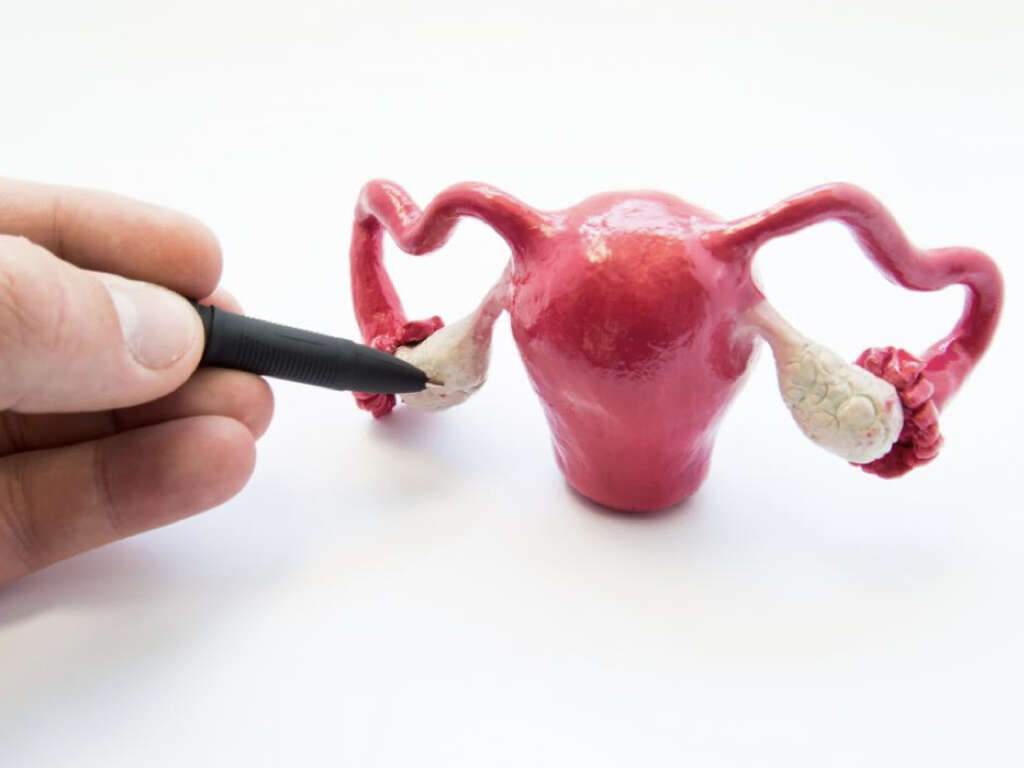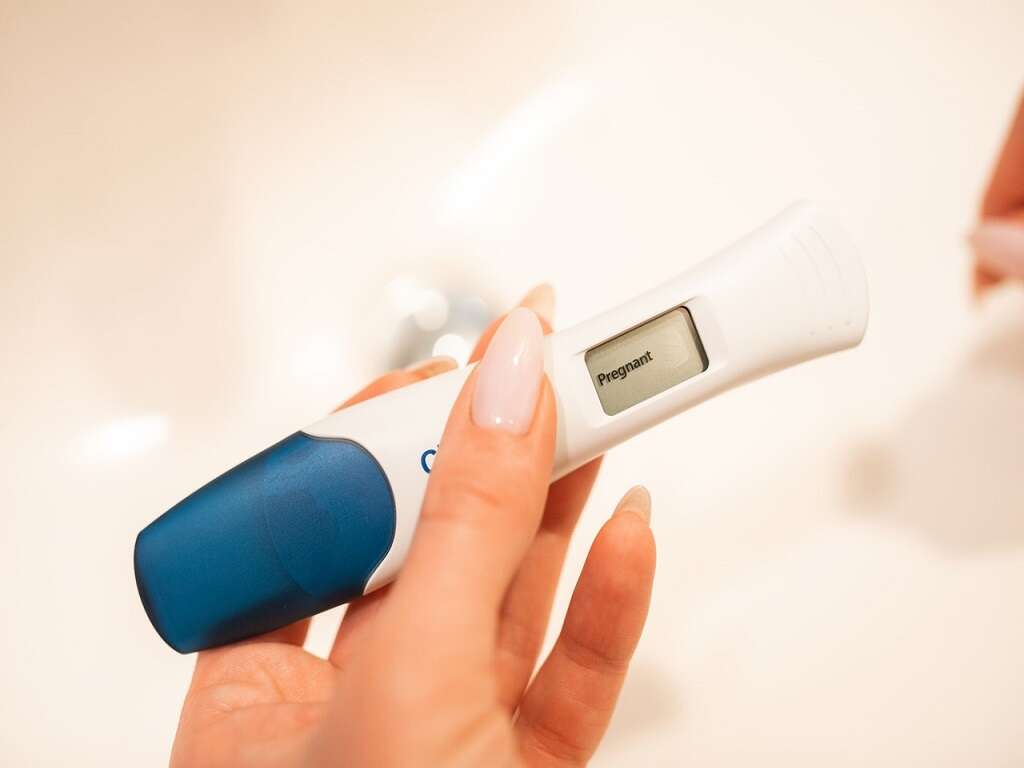10 Causes of a Miscarriage
Miscarriage is also known as pregnancy loss or spontaneous abortion. It refers to the natural demise of the fetus or embryo before it is able to survive independently. Some professionals use the cut-off point of 20 weeks gestation where it is later known as a stillbirth. Miscarriage is hard for mothers as it is often later associated with anxiety, sadness, and guilt.
As many as 80 percent of miscarriages occur during the first trimester. The prevention of a miscarriage may be possible with good prenatal care. This includes avoiding infectious diseases, radiation, drugs, alcohol, and more.
Although most miscarriages are often complete without the need for additional interventions, medication such as misoprostol or a vacuum aspiration procedure is sometimes necessary to remove the remaining tissue. The rate of miscarriage is estimated around 10 to 20 percent. This number increases to 45 percent for those above the age of 40.
Cause #1: Genetics and Age
Approximately 50 percent of early pregnancy loss is due to the abnormal number of chromosomes. Chromosomes refer to structures in the cells that carry genes. The sperm and egg both have 23 chromosomes.
This means when fertilization occurs and both the sperm and egg joins, the two sets of chromosomes also join becoming a total of 46 chromosomes. When the sperm or egg has a different number of chromosomes, it would affect the total chromosomes the embryo has resulting in developmental abnormality which may lead to pregnancy loss or miscarriage.
Cause #2: Structural Abnormalities
There are some structural anomalies of the reproductive tract that may result in a miscarriage. Examples include cervical incompetence, fibroids, and congenital uterine defects. A rough estimation found that about 8 to 23 percent of women with recurrent miscarriages may have some uterine abnormality which may be congenital or develop during adulthood.
Since most women with uterine anomalies are asymptomatic, most are not aware before pregnancy. Examples of uterine abnormality include a septate uterus, bicornuate uterus, unicornuate uterus, T-shaped uterus, didelphic uterus, and more.
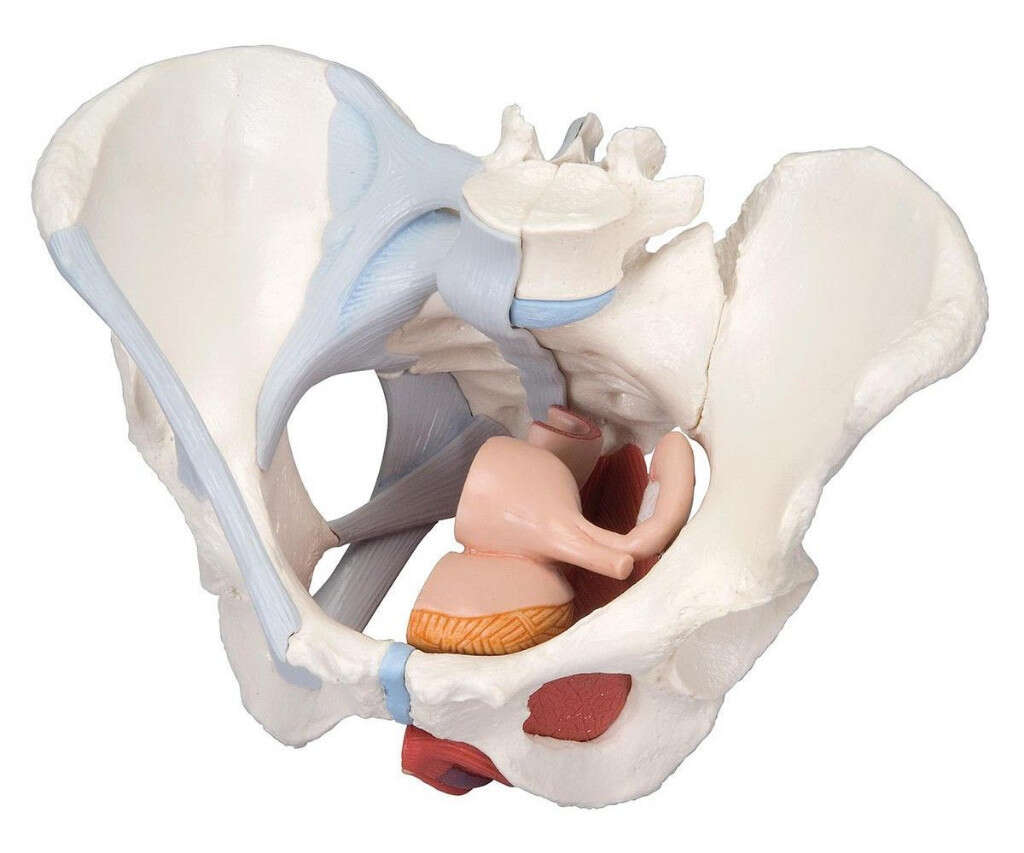
Cause #3: Corpus Luteum Deficiency
The corpus luteum functions to secrete hormones such as estrogen and progesterone. When implantation occurs, the developing blastocyst secretes another hormone known as the human chorionic gonadotropin which helps maintain the corpus luteum.
The progesterone secrete by the corpus luteum is vital for the success of early pregnancy as it supports endometrial growth and improves blood flow and oxygen. When there is corpus luteum deficiency, it can result in a miscarriage.
Cause #4: Poorly Controlled Diabetes
Poorly controlled diabetes has been linked to various issues in pregnancy. High blood sugar during the first two months of pregnancy can affect the development of organs leading to birth defects involving the spine, heart, and brain.
It can also lead to an extra-large baby which then requires a Caesarean section for delivery. It has also been shown that women with poorly controlled diabetes have a higher risk of miscarriage and stillbirth. This is why it is important for diabetic women to plan their pregnancy, see their doctor often, and keep their blood glucose under control.
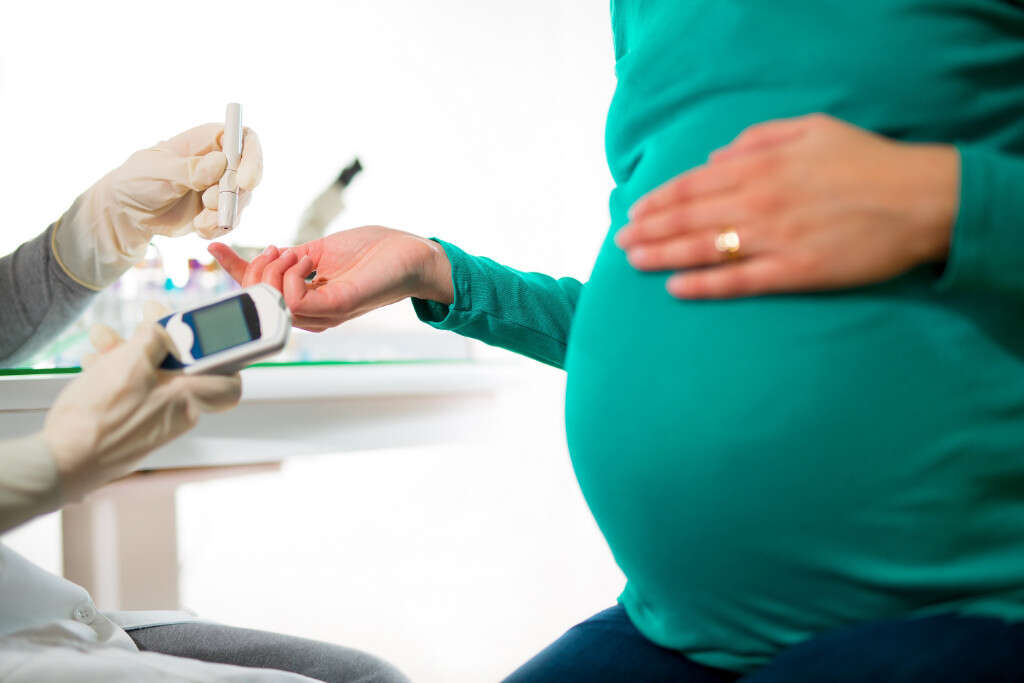
Cause #5: Untreated Thyroid Disease
Thyroid conditions that are left untreated can not only cause difficulty becoming pregnant, they can also lead to a miscarriage. The thyroid hormone is crucial for the normal development of the brain. During early pregnancy, the fetus obtains the thyroid hormone from the mother and eventually will produce their own thyroid hormone.
This also means that adequate iodine is vital for the production of the thyroid hormone. The best way to ensure this is through prenatal supplements. Risk of miscarriage for those with untreated hypothyroidism is highest in the first trimester. Women with hyperthyroidism are also at risk for a miscarriage.
Cause #6: Antiphospholipid Syndrome
Antiphospholipid syndrome is a condition where the immune system produces antibodies that cause blood clots. It can be dangerous as the clots can occur in the kidneys, brain, lungs, and legs. In pregnant mothers, it can lead to stillbirth and miscarriage.
Some of the symptoms and signs of antiphospholipid syndrome are clots in the legs, recurrent miscarriages, stillbirths, transient ischemic attack, stroke, and more. Treatment with anticoagulants such as heparin can reduce thrombotic episodes and improve the prognosis of pregnancy.

Cause #7: Severe Hypertension
Hypertension is a risk factor for complications during pregnancy. It increases the risk of placental abruption, gestational diabetes, intrauterine growth restriction, and preeclampsia. In severe hypertension, it can also lead to pregnancy loss.
A recent study found that every 10-point increase in pre-pregnancy diastolic blood pressure increases the risk of pregnancy loss by 17 percent. Some of the characteristics of hypertension such as blood vessel impairment and inflammation are known to contribute to pregnancy loss.
Cause #8: Systemic Lupus Erythematosus
Systemic lupus erythematosus (SLE) is known to increase the rate of spontaneous abortion and intrauterine fetal death with an estimated overall live-birth rate at 72 percent. Patients with SLE flare ups during pregnancy were observed to have worse pregnancy outcomes.
It is recommended that mothers with SLE who experience the worsening of symptoms during pregnancy should be monitored carefully until delivery.

Cause #9: Polycystic Ovary Syndrome
Polycystic ovary syndrome or PCOS refers to a condition where there are symptoms due to an elevation of male hormones in women. Some of the signs and symptoms are irregular or absent menstruation, hirsutism, heavy periods, acne, difficulty conceiving, patches of dark skin, pelvic pain, multiple cysts in the ovaries, and more.
It has been shown that women with PCOS have a higher risk of pregnancy induced hypertension, premature delivery, gestational diabetes, and miscarriage. One study observed that about 40 to 80 percent of women with recurrent miscarriages were diagnosed with PCOS.
Cause #10: Lifestyle Factors
Some lifestyle factors such as the use of tobacco, recreational drug use, high doses of caffeine, and the consumption of alcohol have been shown to increase the risk of a miscarriage. The above factors have also been found to lead to birth defects in the child.
A systemic review and meta-analysis involving 1,706 articles were reviewed. The systemic review concluded that women should not smoke while pregnant and pregnant women should be warned that smoking increases the risk of miscarriage.





